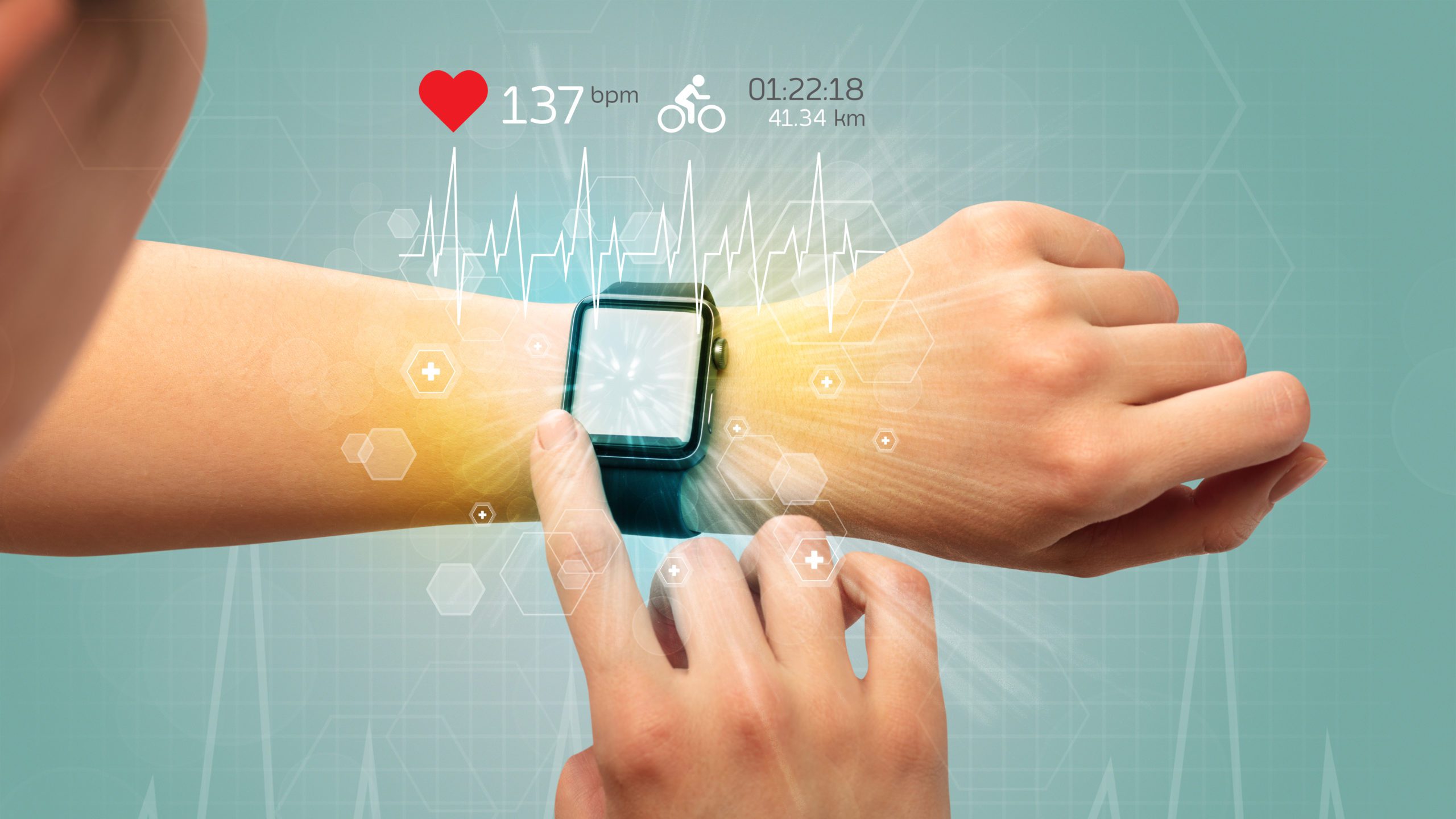These days plenty of modern devices are available to people. Some gadgets are actively used by those who take care of their health. Various smart-watches and fitness trackers measure vital signs such as heart rate, body temperature, and other factors. Some devices even have sensors that can detect sweat gland activation, low levels of which may tell about dehydration. Keeping track of such values helps to detect or monitor medical conditions. Therefore, it is typically done in clinics and followed by laboratory testings for more accurate diagnosis.
A recent study conducted by biomedical engineers and genomics researchers at Duke University and the Stanford University School of Medicine demonstrated the advantages of wearable devices that continuously measure vital signs. Combined with machine learning, they showed to be effective in predicting some clinical laboratory results. Prediction error was lower for results obtained based on data collected by wearables than predictions that relied on clinical measurements of vital signs. In addition, data collected from such devices gave a more consistent and precise depiction of resting heart rate than do measurements taken in the clinic. The length of the monitoring period and its proximity to the date of prediction are crucial for the performance of the machine learning models.
Results of this study demonstrate the value of wearable devices for continuous and long-term assessment of physiological characteristics. This approach is thought to be an essential component of health care in the future.
Source Nature














Leave a Reply
You must be logged in to post a comment.